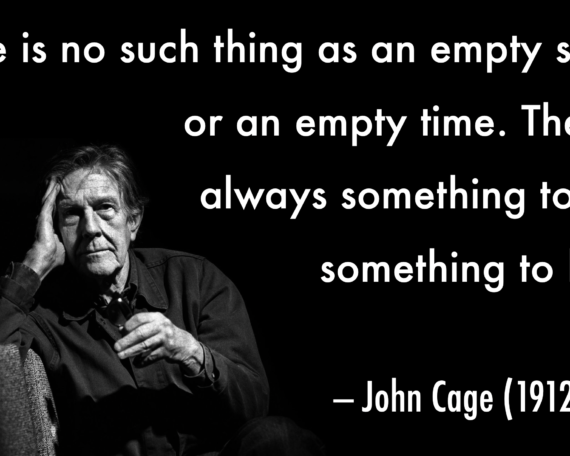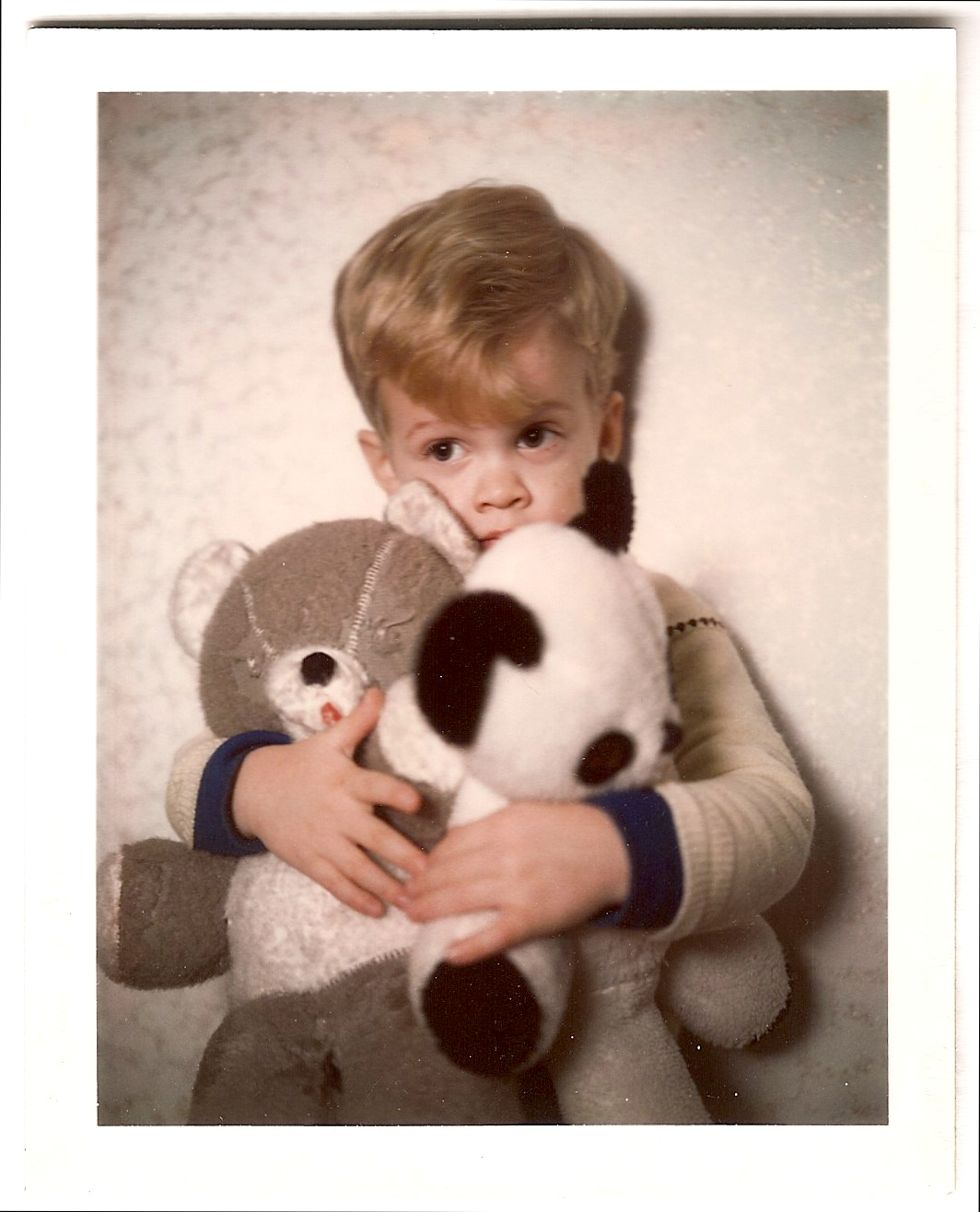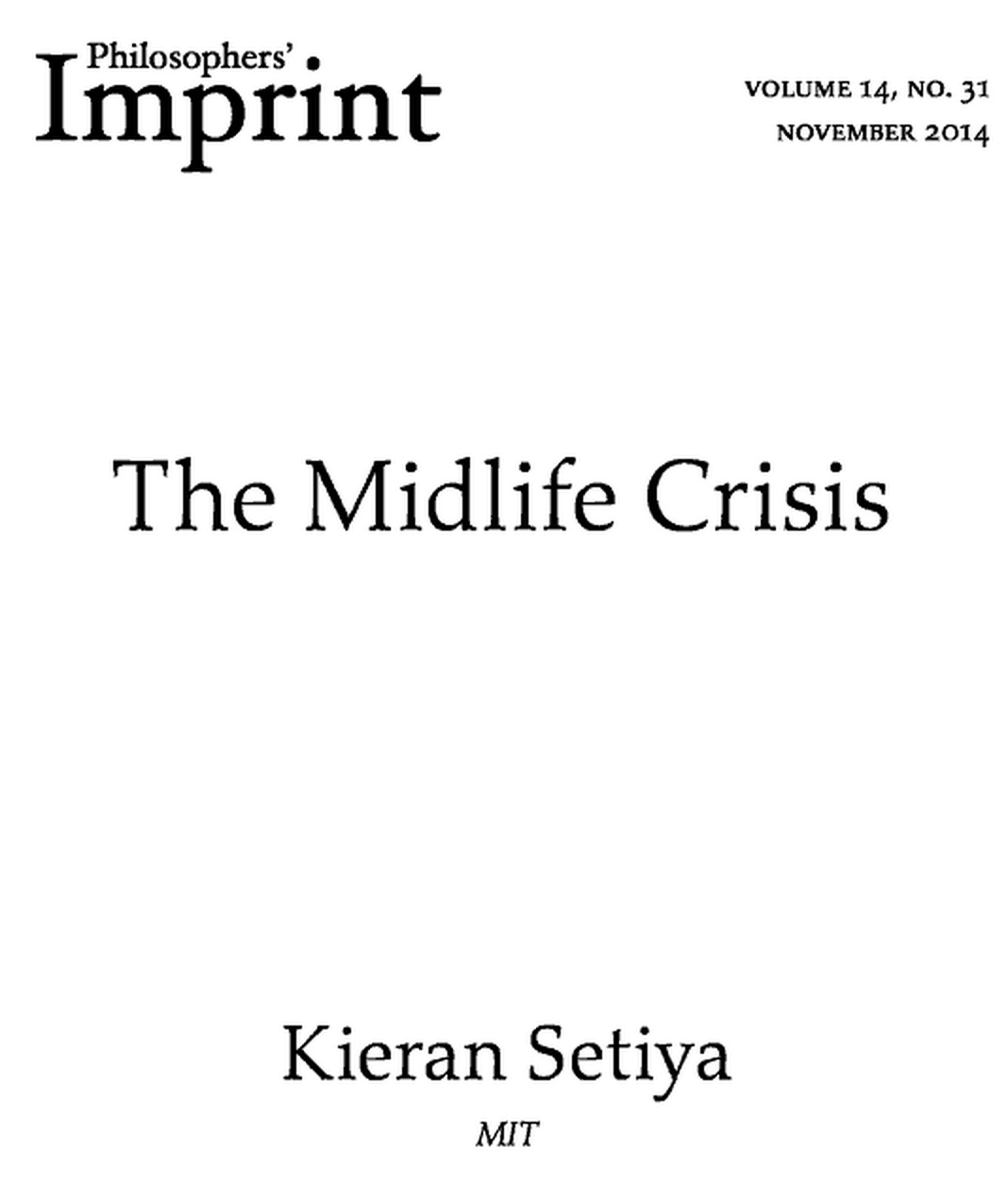“a nest of trying”: the pandemic at 500 days
If your plague began (as mine did) on March 14 2020, then today is day 500 of our plague era. (If it didn’t, then adjust your count accordingly.) As I noted at plague day 250, very early on I decided that day 500 would be the end of the plague. I know that the plague







